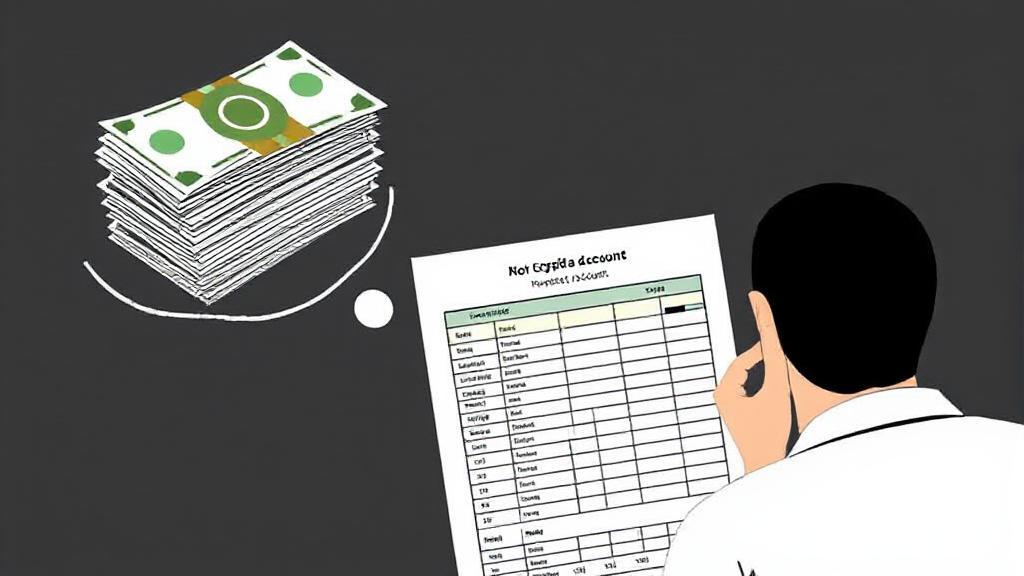Understanding Charged-Off Accounts
When a creditor deems an account as uncollectible, it is often "charged off." This typically occurs after a borrower has failed to make payments for around 180 days. While the creditor writes it off as a loss for tax purposes, you're still legally responsible for the debt.
What Does "Charged-Off" Mean?
A charge-off is an accounting term used by creditors to indicate that they have given up on collecting the debt. However, this does not mean that the debt is forgiven. The creditor may still attempt to collect the debt, or they may sell it to a collection agency.
Impact on Your Credit Score
Charged-off accounts can severely damage your credit score, potentially dropping it by 100 to 150 points according to MyFICO. They remain on your credit report for up to seven years from the date of the first missed payment, making it difficult to obtain new credit, rent an apartment, or even secure employment in some cases.
Benefits of Paying Off Charged-Off Accounts
- Improved Credit Report: While the charge-off will still appear, it will be marked as "paid," which looks better to future lenders
- Avoid Legal Action: Paying off the debt can prevent potential legal action
- Peace of Mind: Resolving old debts can provide emotional relief
- Better Lending Opportunities: Future lenders view paid charge-offs more favorably
Settlement Options
Negotiating with Creditors
"The best time to negotiate is before the debt is sold to a collection agency." - National Consumer Law Center
Consider these approaches:
- Lump-sum settlement
- Payment plan
- Debt validation request
- Pay-for-delete agreement (rare but possible)
Steps to Pay Off Charged-Off Accounts
Document all agreements, including:
| Document Type | Purpose |
|---|---|
| Settlement Letter | Outlines payment terms |
| Payment Confirmation | Proves debt satisfaction |
| Release of Liability | Confirms debt resolution |
Alternative Considerations
When Not to Pay
- Debt is past the statute of limitations
- Account belongs to someone else
- Debt can't be validated
- Bankruptcy is imminent
Tax Implications
Important: Forgiven debt may be considered taxable income by the IRS. Consult a tax professional about potential consequences.
Rebuilding Your Credit
After addressing charged-off accounts:
- Make all current payments on time
- Keep credit utilization low
- Consider a secured credit card
- Monitor your credit reports regularly
Final Thoughts
Dealing with charged-off accounts requires careful consideration and strategy. While paying these debts can benefit your financial future, it's essential to approach the process methodically and protect your rights as a consumer.
For more information and guidance, consider these resources:
